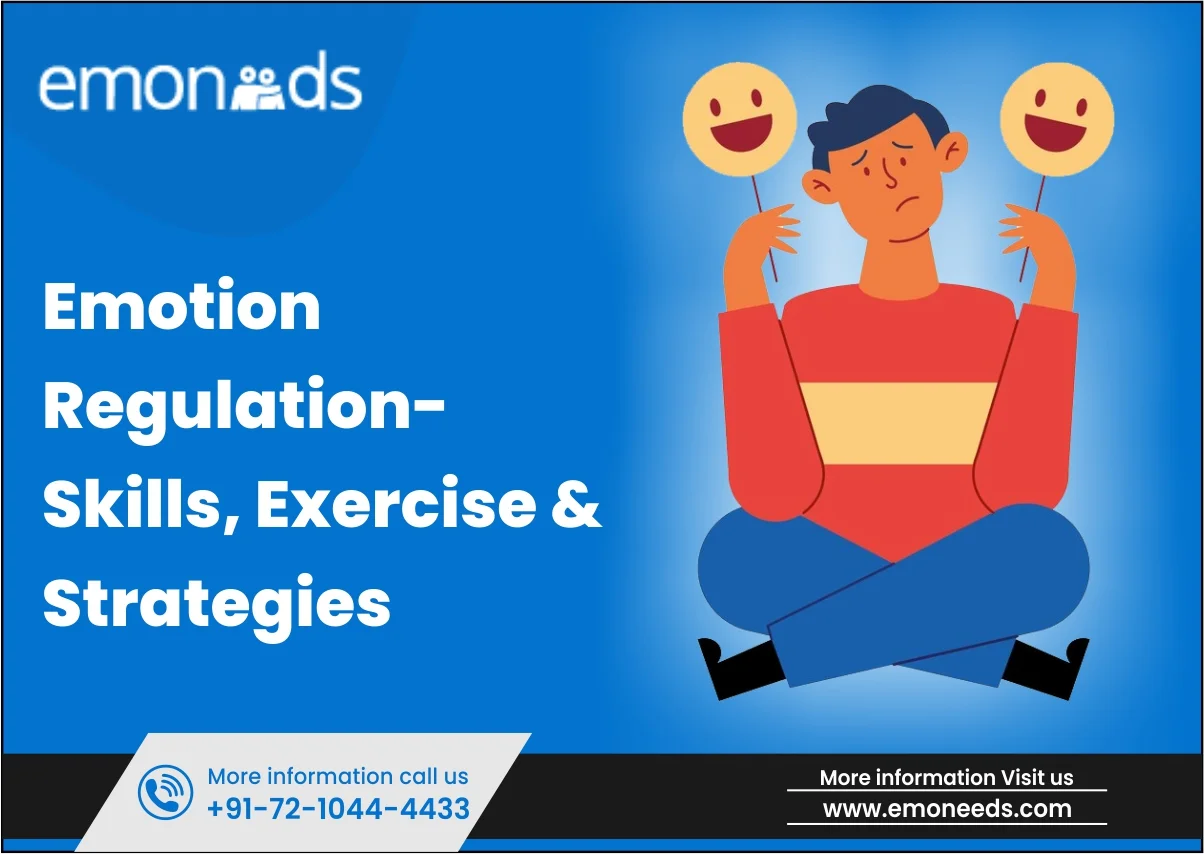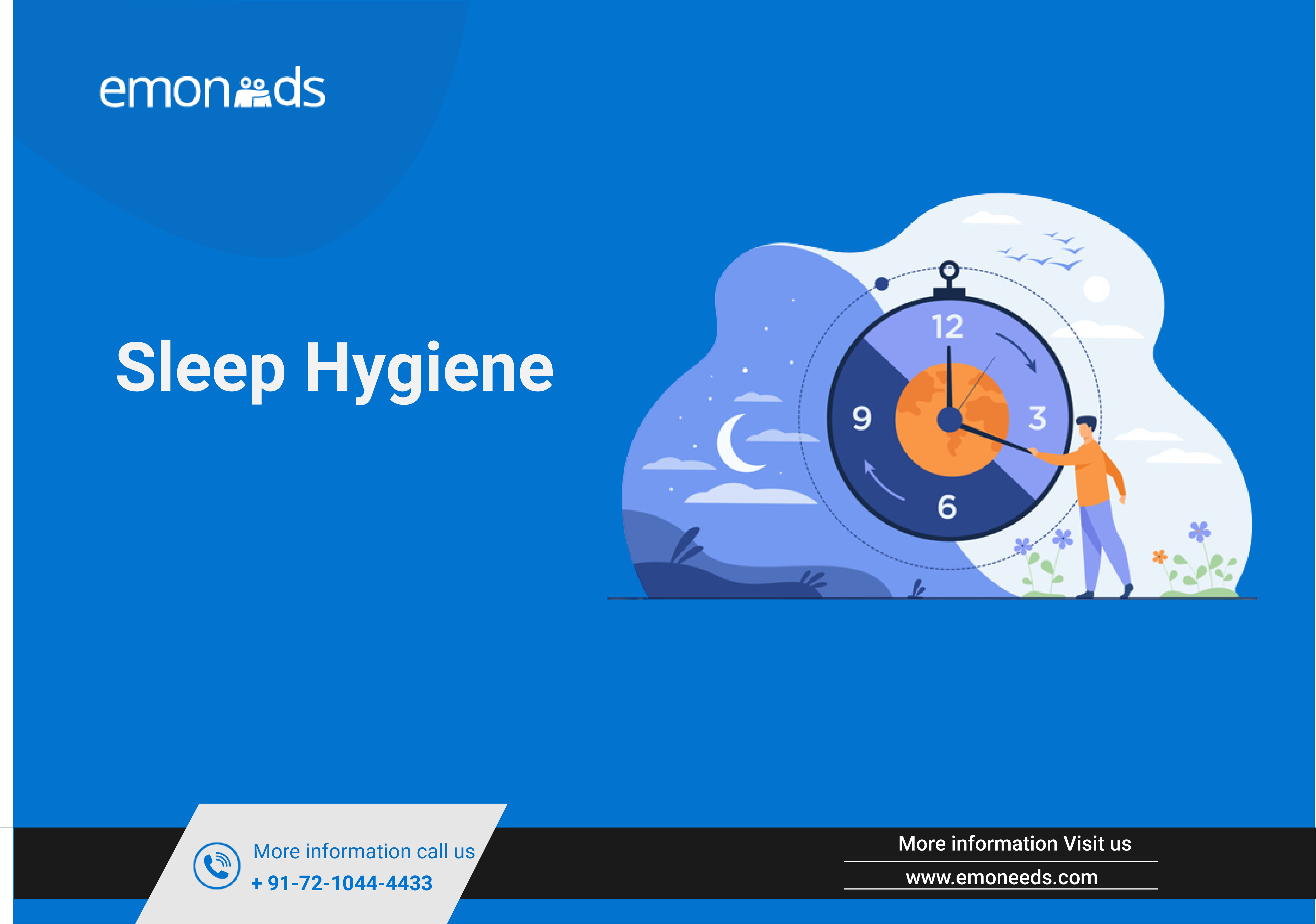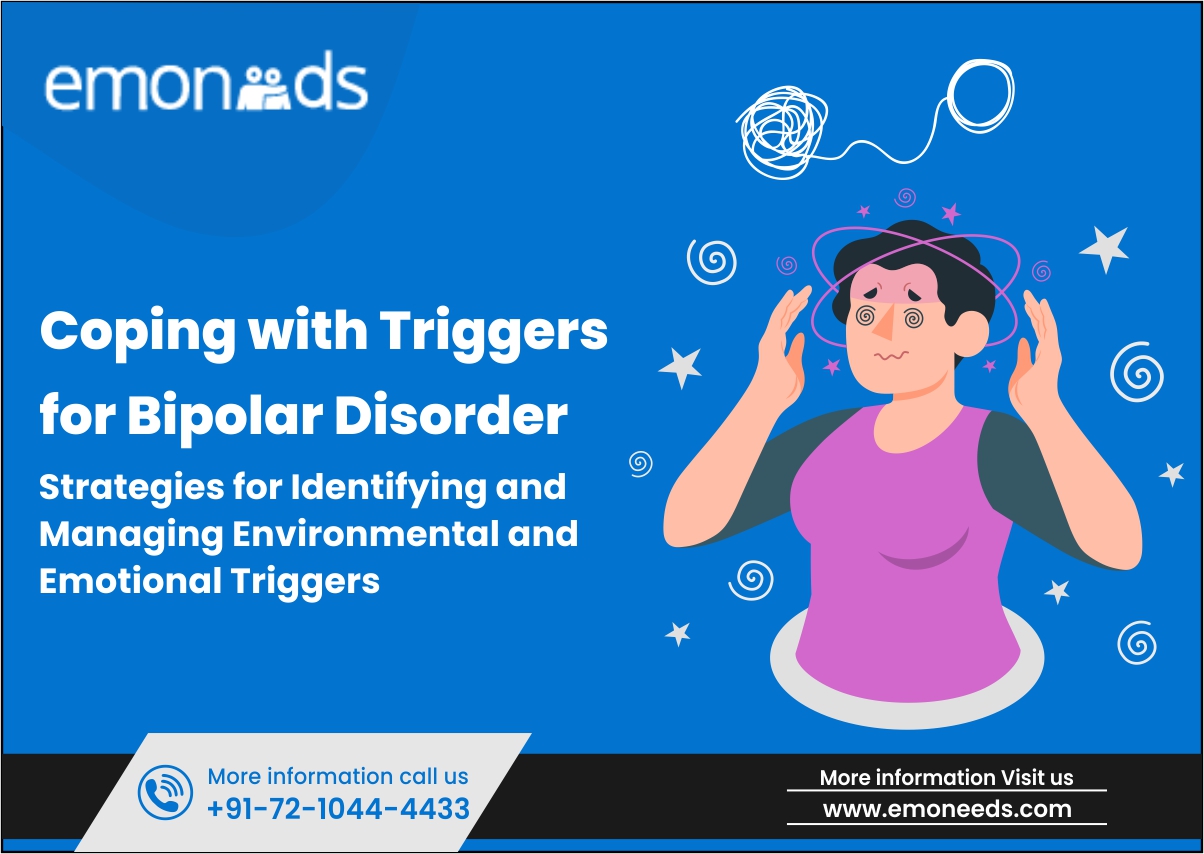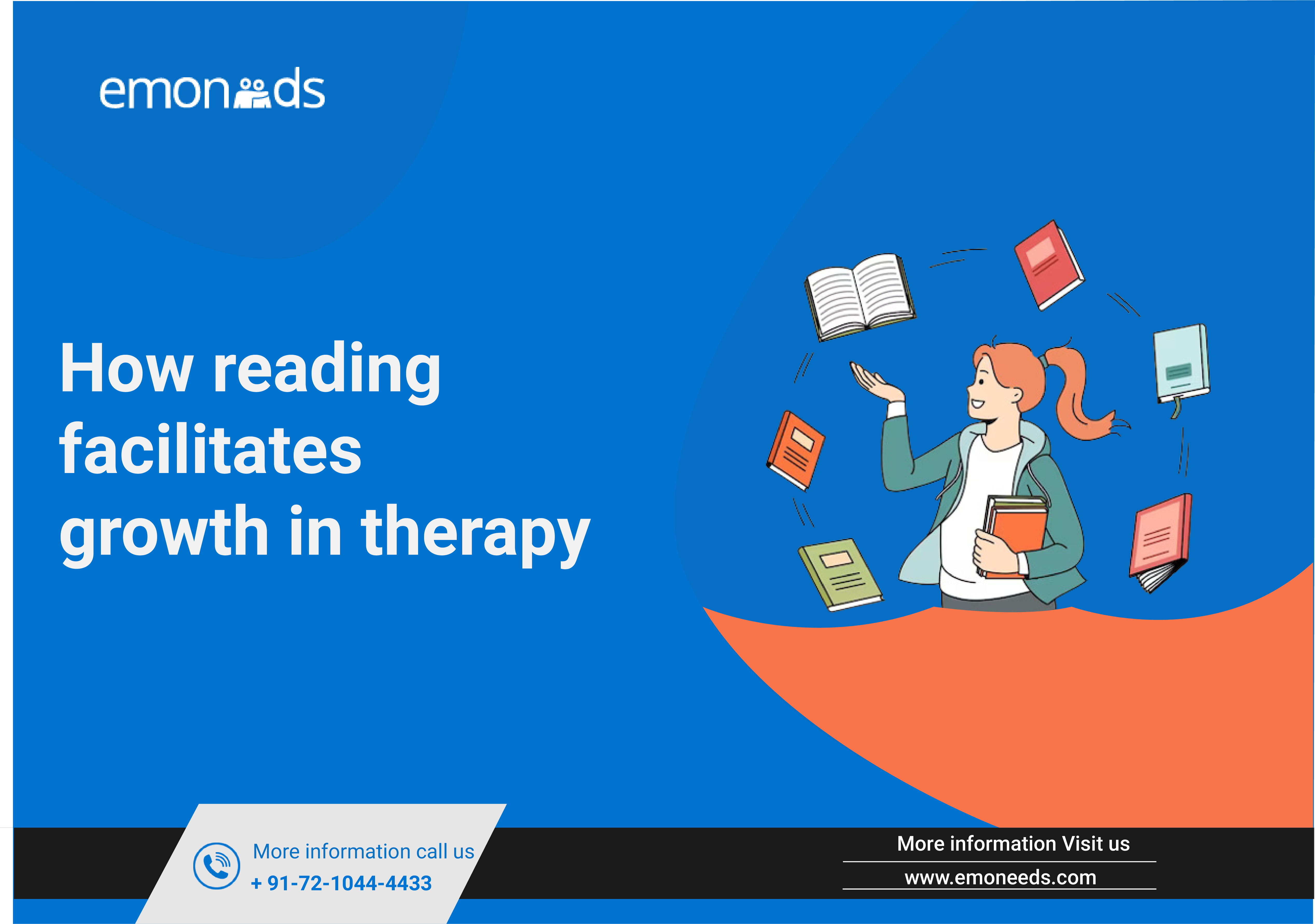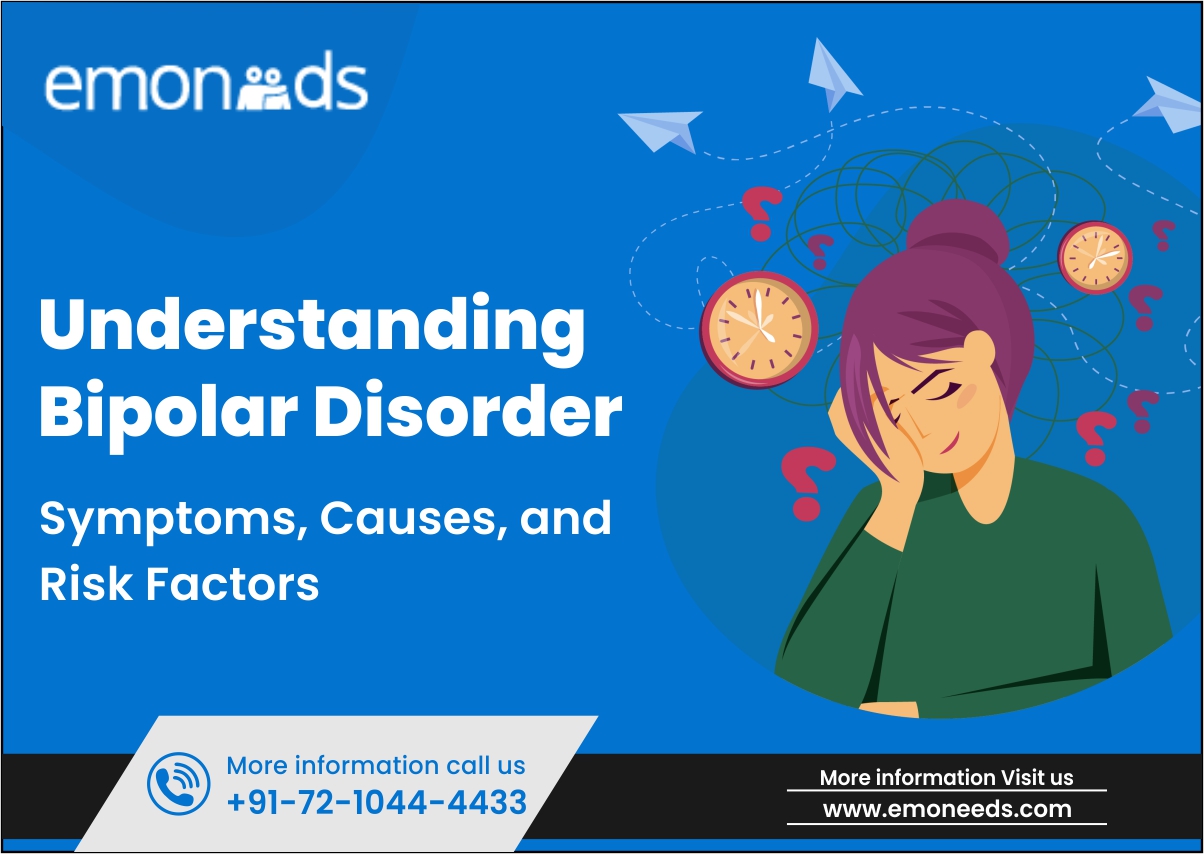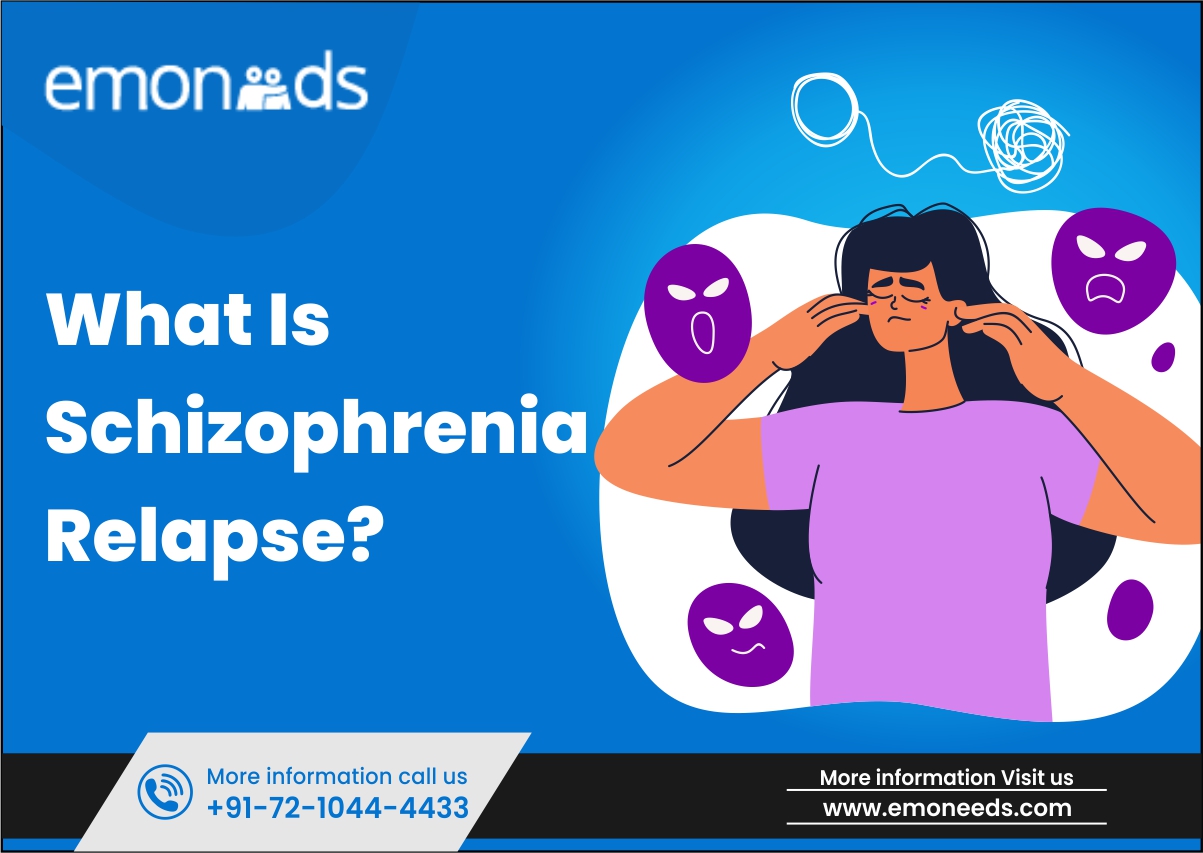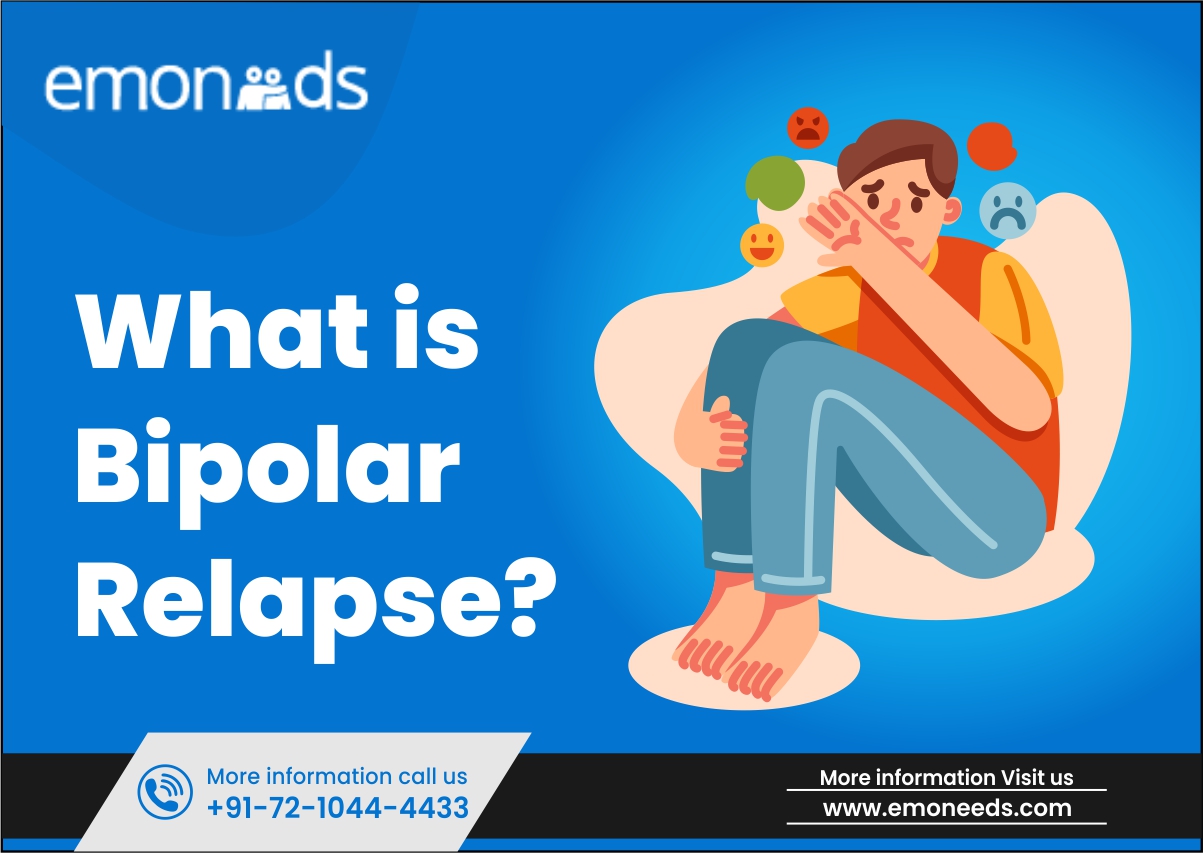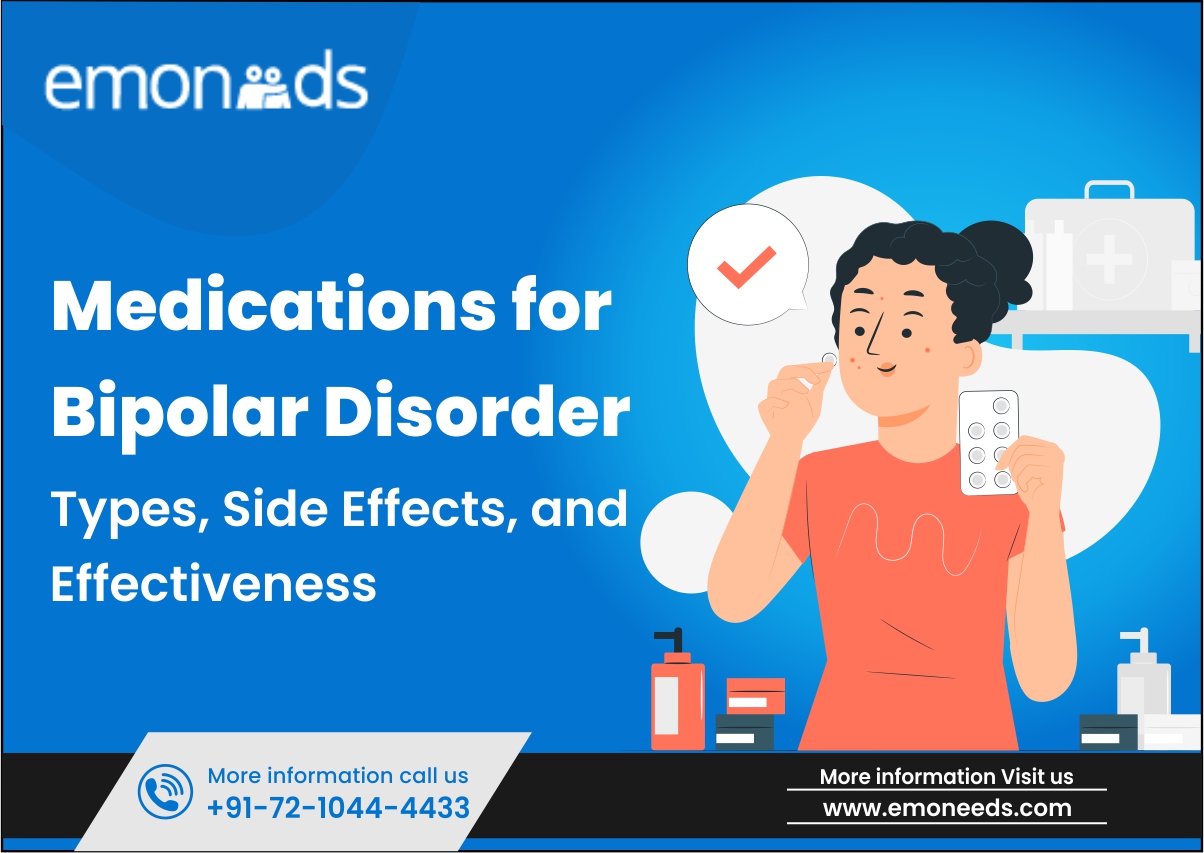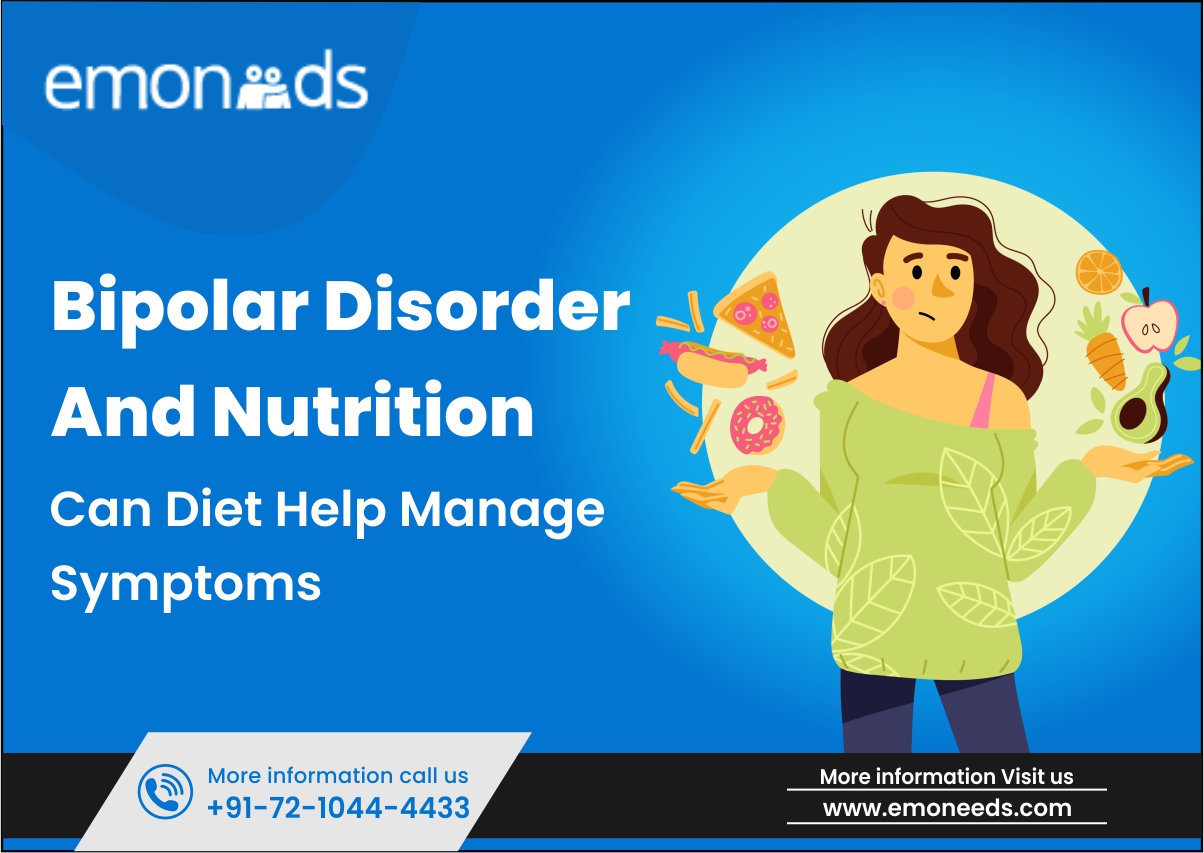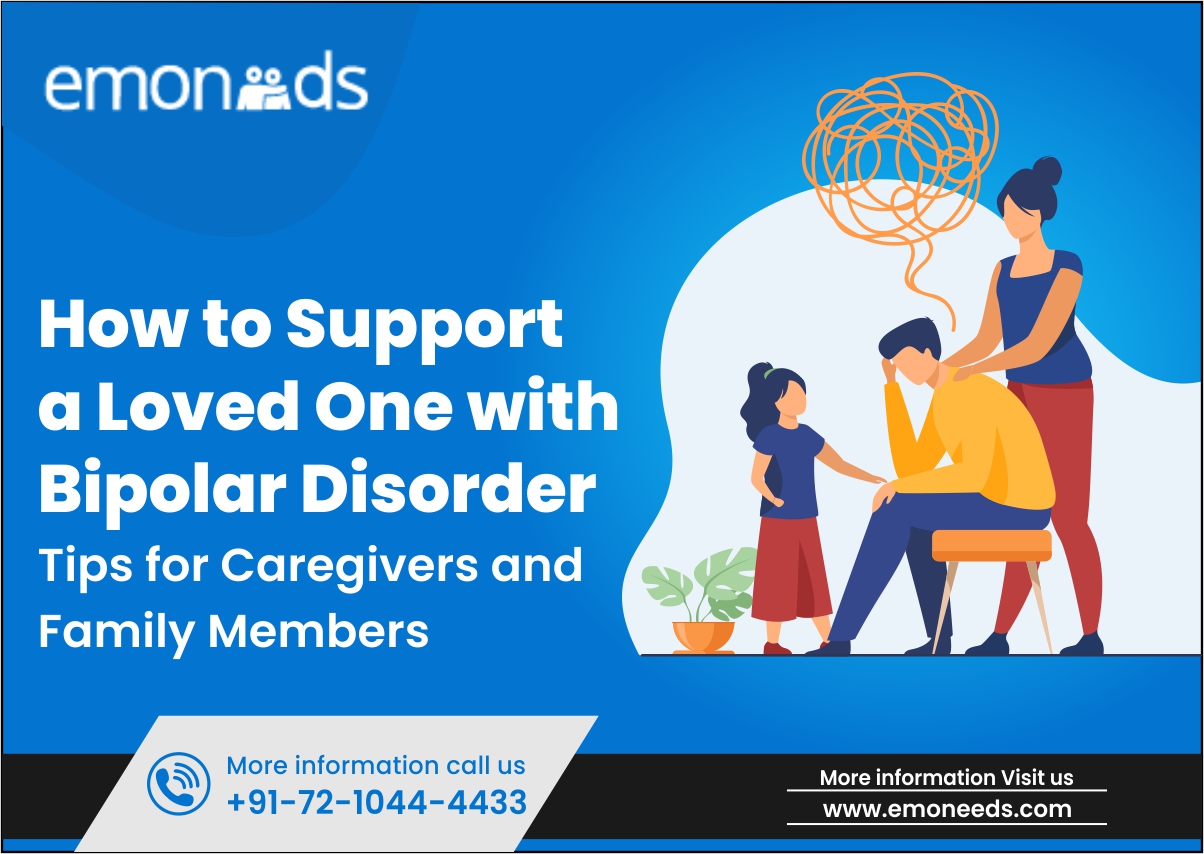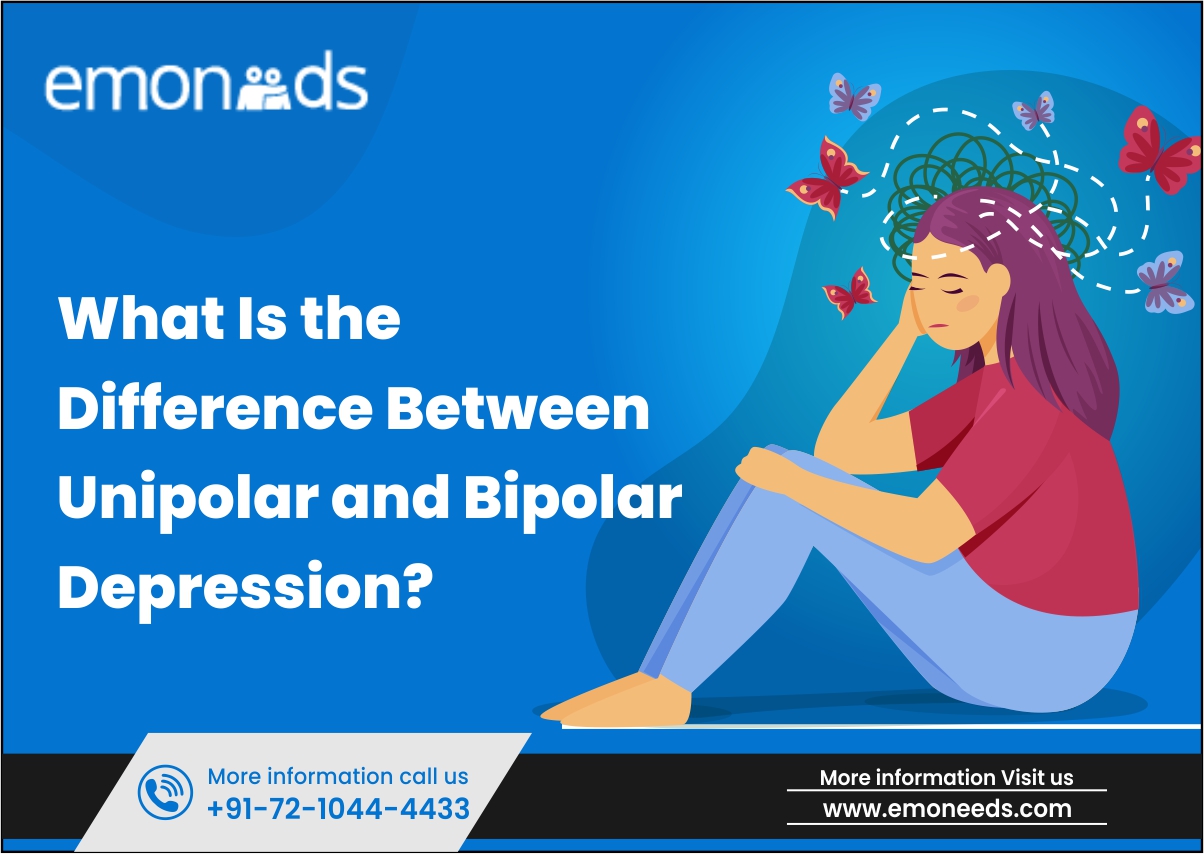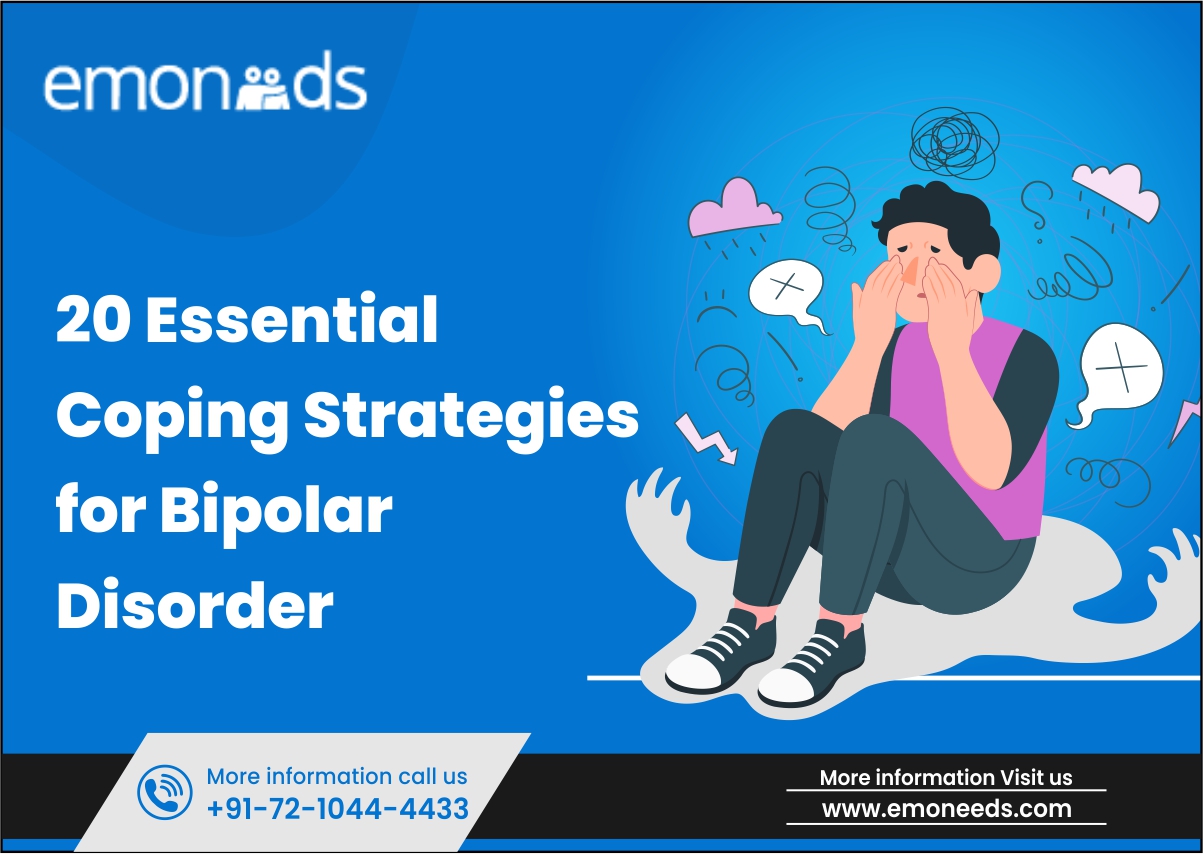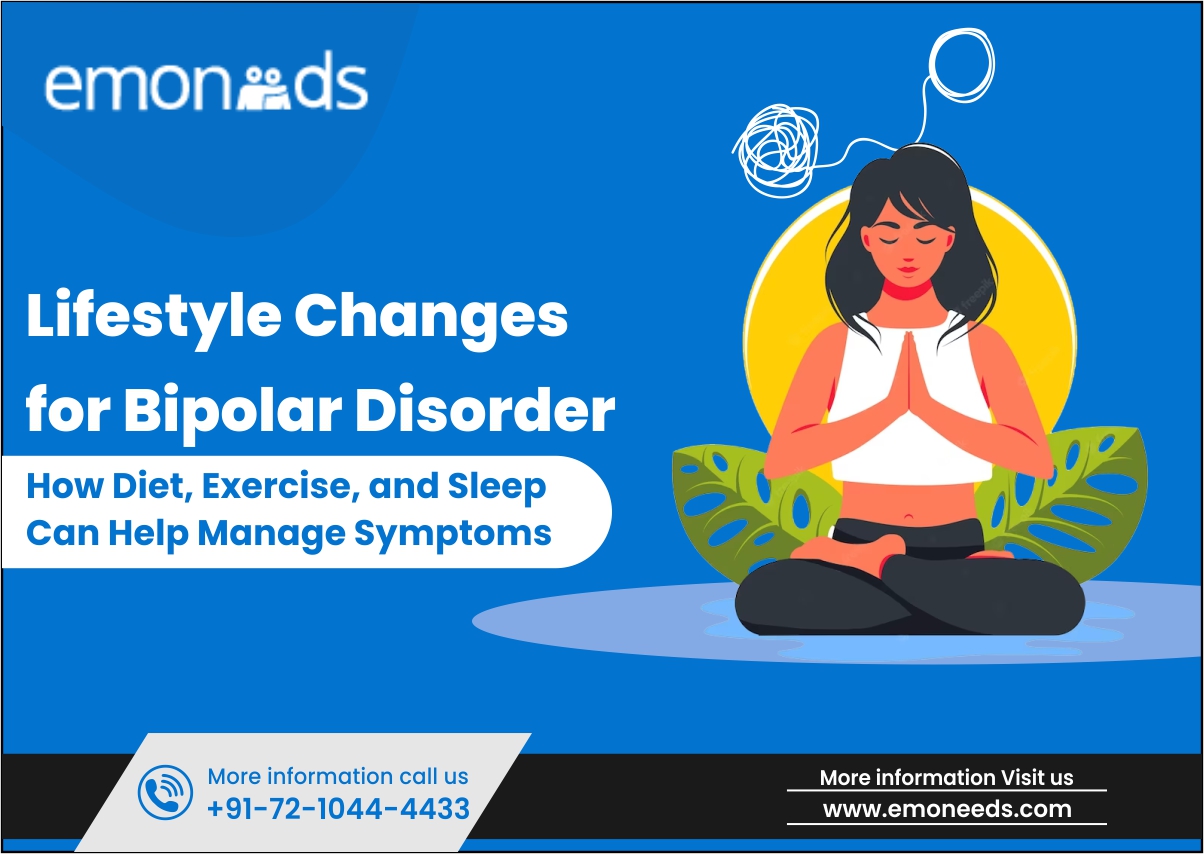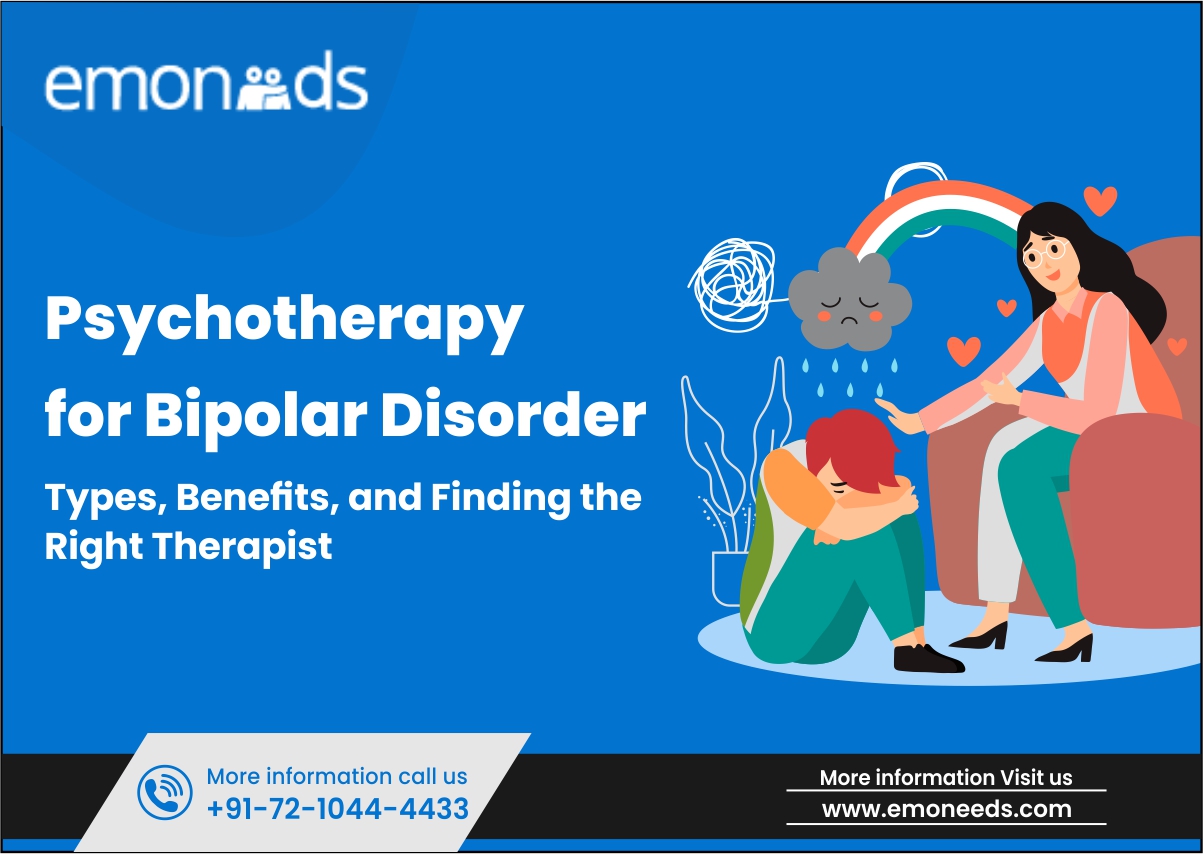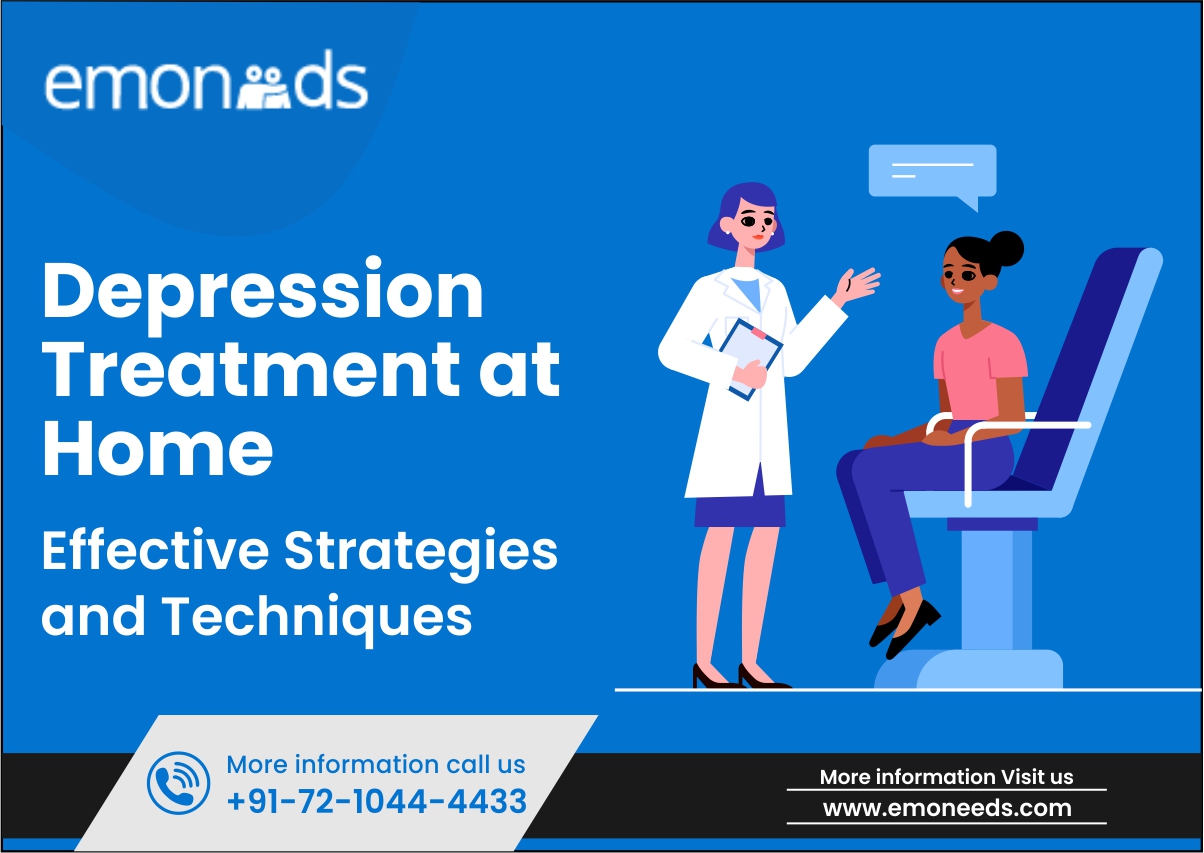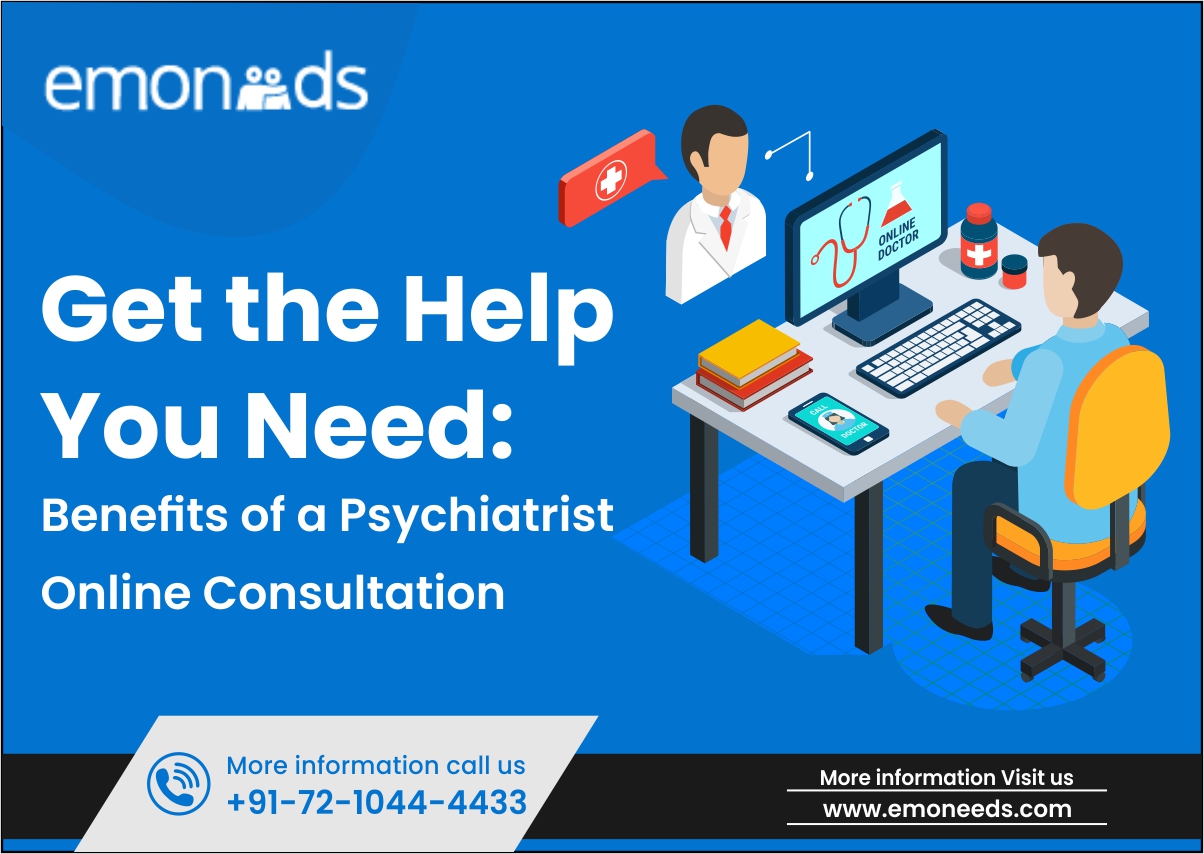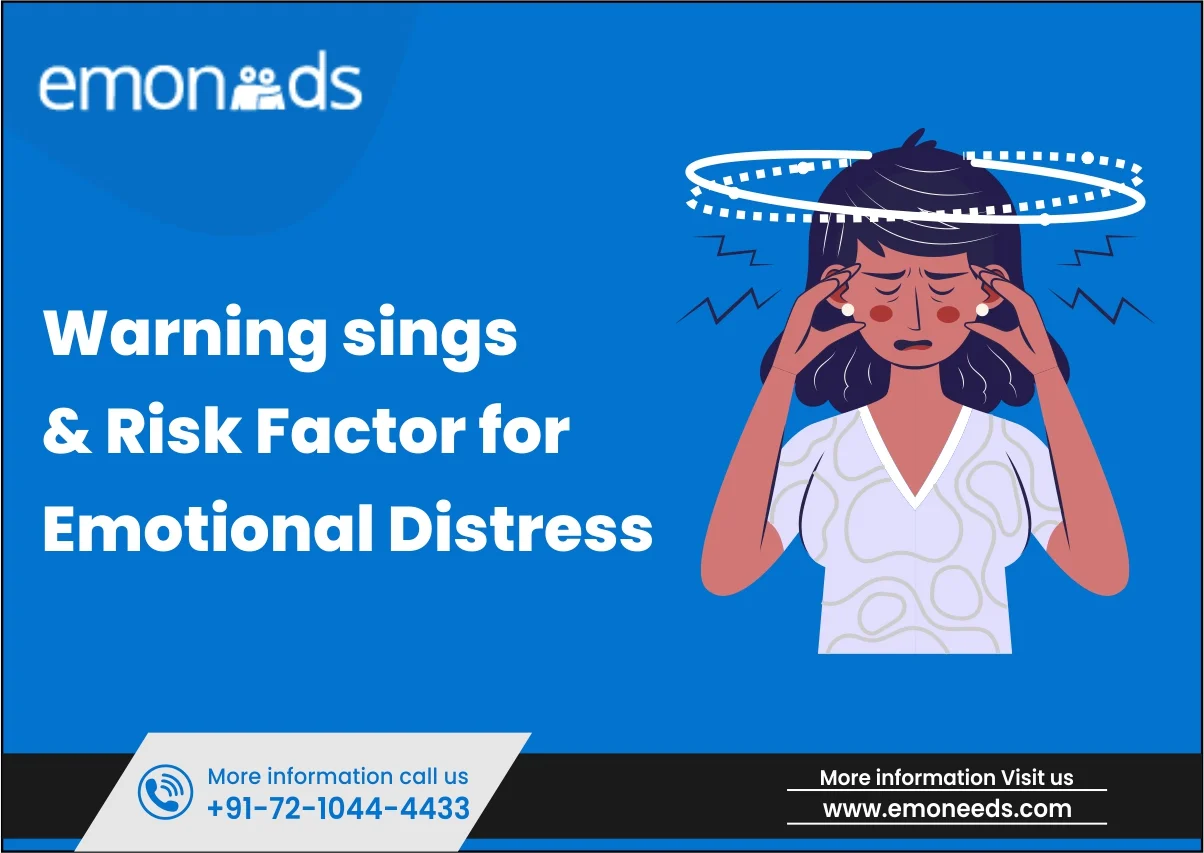
Stress is a near-constant part of today’s lifestyle. Around 74% of the Indian population experiences emotional distress. While it is the body’s natural response to the pressures of everyday life, being in a constant state of stress can take a toll on your mental and physical health.
Many people don’t even realize they are stressed while many others have unhealthy ways of coping with it. Emotional stress makes itself known in various physical and mental ways and you need to be self-aware and attentive enough to address it healthily. All this while, you must practice self-love and treat yourself with care and patience.
Emoneeds this article lists the major warning signs of stress and the effective and healthy ways to deal with it. Read on to know if you are at risk of emotional stress and the habits you can adopt to prevent it.
What is Emotional Stress?
The various stimuli in your life and environment give rise to an array of emotions, beginning from happiness, joy, and peace to anxiety, anger, and grief. It is entirely humane to feel these emotions. However, it becomes concerning when the negative emotions become more prominent and constantly interfere with your routine and good mood.
Emotional distress usually accompanies frequent negative thoughts and feelings and has an apparent effect on your body and mind. The World Health Organization (WHO) defines stress as the mental tension or worry brought about by difficult and challenging situations.
Experts claim that making certain lifestyle changes and dedicating some time to self-care can help you shirk off the pressure and tension of the entire day.
Emotional Stress Symptoms to Look Out For
Stress manifests in your body in ways that may appear unrelated to a bigger problem. However, these are warning signs that you must not ignore and take measures to address with urgency and care. The following sections discuss some emotional and physical emotional distress symptoms.
Physical Symptoms of Stress
Your mental and emotional state greatly affects your physical health. This occurs through hormonal imbalances, inefficient metabolism, and other similar means. Some of the common physical emotional stress symptoms are listed below.
- Increased heart rate
- Frequent chest pain
- Heaviness in the chest
- Body aches, particularly in the neck, shoulders, and back
- Frequent headaches
- Fatigue
- Shortness of breath
- Grinding the teeth
- Clenching the jaw
- Dizziness
- Anxiety
- Unexplained weight gain or loss
- Stress eating
- Depression
- Sleeping too much or not enough
- Digestive issues like constipation, diarrhea, and upset stomach
- Decreased libido
- Reduced productivity in work and everyday tasks
Mental Symptoms of Stress
While stress itself is a form of mental disturbance, it further leads to other mental symptoms which, in turn, feed your stress. This is a constant cycle that you need to recognize and step out of. Here are some of the most common mental symptoms of emotional stress that you should look out for.
- Feeling more emotional than usual
- Feeling on edge or overwhelmed
- Emotional outbursts or breakdowns
- Trouble remembering things
- Difficulty with decision-making and problem-solving
- Difficulty in concentrating
- Compulsive behavior
- Frequent mood swings
- Using alcohol or drug abuse as an outlet for stress
Who is at a High Risk for Emotional Distress?
Stress can affect anyone with a hectic lifestyle. However, some factors make you more prone to experiencing chronic emotional stress. Have a look at the list below and check out if you are at a high risk of stress.
- Undergoing a significant change in life
- Being a parent or caregiver
- Financial stress
- Being in an unhealthy, abusive, or problematic relationship
- Long work hours
- Not liking your job
- Juggling several things at once, like household chores, job, childcare, etc
- Living with a chronic medical condition
- Unresolved emotional trauma
- Mental health conditions
- Experiencing loss or grief
- Being a perfectionist
- Being lonely
Note that while these are the major triggers for it, stress can be caused by several other more subtle factors. The key here is to be aware of the warning signs and dedicate some time to self-care.
How to Manage Emotional Stress?
When it comes to handling emotional distress, you have to do it right. Some ways of coping with stress may do you more harm than good. Here are some ways to handle or manage stress effectively.
1. Have Some Me-Time
Take out some alone time for yourself to relax and let go of your pressure and worries. You can do it daily, every other day, or a few days in a week, as it suits your schedule. Use this time to do what you love doing. Read a book, listen to your favorite artist, sing along, dance, or practice yoga. This time is dedicated to blocking out your worries and indulging in things that bring you happiness and peace.
2. Journal Regularly
Journaling can help you unload a lot of your worries and stress. Take some time routinely to write down your thoughts, emotions, and whatever goes through your mind. Pay attention to what you write. Focus on your innermost feelings and identify your emotional triggers. Work on replacing the negative thoughts and emotions with positive ones. It may take you a while to get noticeable results from journaling but it helps you be more aware of your thought processes.
3. Mindfulness and Meditation
Mindfulness refers to being more aware of the present–your words, emotions, reactions, and everything. Meditation is a good way to be more focused on your present, attain peace of mind, and redirect your thoughts. Figure out your emotional triggers and the best ways to manage them. This can help you address emotional distress by actively gaining control of your mind and thoughts.
4. Distract Yourself
If something worries you too much, focus your attention on something else. It could be something you love doing or try something new. Watch a movie, go out, or volunteer for some help. Busying your mind with more engaging and captivating activities can prevent you from stressing over other matters.
5. Adopt a Healthy Lifestyle
Exercising regularly and following a balanced diet are the key pillars of a healthy mind and body. It’s best to meet up with a dietician to create a suitable meal plan for you to put a stop to your emotional eating disorder. Create a workout routine you enjoy most and follow it religiously. This helps let off some of the stress and calms and soothes your mind.
6. Seek Professional Help
While you don’t always need a therapist to navigate stress, it always helps to have one. If you find it difficult to pull yourself out of the stressful phase you are in, do not hesitate to seek the help of a therapist or a mental health counselor. They may perform an emotional stress test by asking you certain questions and talking you through your triggers and/or trauma. It’s just another way to ensure your well-being and take care of your mind and body.
Change Begins With Small Steps
Self-love and self-care should be a regular part of your life and not just for when you are stressed. Take the time to determine your trauma and triggers and patiently work through them. If necessary, change your environment and your close circle. In cases where that’s not an option, change your response to the triggers and ways of handling them. Change begins with small steps and requires patience and care. Make small and healthy changes to your lifestyle–create a work-life balance, have some free time dedicated to yourself, and detach yourself from stressors.
Emotional stress can hold you back from a lot of fun, love, and memorable experiences. Take the first step toward abolishing it from your life and keep going until you find your happy place.
FAQs
1. What is emotional stress?
Emotional stress is your body’s response to the pressure and tension in your everyday life. It is accompanied by heightened negative emotions and feelings like anxiety, sadness, loneliness, detachment, and depression. Emotional distress also has many identifying physical and mental symptoms and can be managed by self-love, care, and patience.
2. What are the 5 signs of emotional stress?
Irritability, depression, trouble concentrating, feeling overwhelmed, and sleep and eating disorders are the most common signs of emotional stress. Some people could, however, experience some other symptoms like reduced sex drive, lack of enthusiasm, and unhealthy coping mechanisms.
3. How do you stop emotional stress?
The first step to stop emotional stress is to remove the stress triggers from your life. Change your home or work environment, create a work-life balance, have some time to enjoy doing the things you love, and so on. When change is not possible, work on your thought process and change your response to the triggers. Practice mindfulness, meditation, journaling, and exercising. These work as an outlet for stress and clear your mind.
4. Is emotional stress normal?
Yes, emotional stress is fairly common and very normal to experience. Everyone experiences a point in life where they are burdened by the pressure of expectations, responsibilities, and other aspects of life. However, it is crucial to recognize the signs of emotional distress and address them without delay and with love and patience. Continuous stress can have negative effects on your physical and mental health. Do not hesitate to seek professional help if you have difficulty dealing with this on your own.
5. What causes emotional stress?
Emotional stress can be caused by several stimuli including responsibilities, expectations, peer pressure and so on. Certain factors in life make you more prone to it, the most important ones of which are unresolved trauma, toxic relationships or family environment, experiencing loss and grief, and other mental health conditions.
